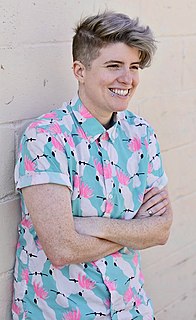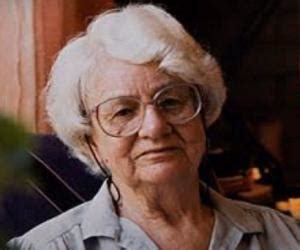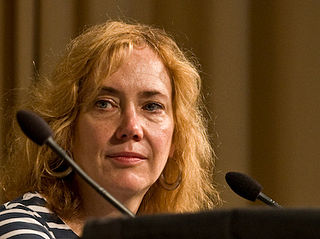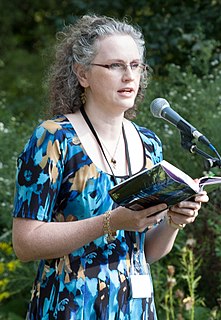A Quote by Tracy K. Smith
Rather than numbing or drowning out the difficult-to-describe but urgently sensed feelings that are part of being human, poetry invites us to tease them out, to draw them into language that is rooted in intricate thought and strange impulse.
Related Quotes
It is difficult to see the great dance effects as they happen, to see them accurately, catch them fast in memory. It is even more difficult to verbalize them for critical discussion. The particular essence of a performance, its human sweep of articulate rhythm in space and in time has no specific terminology to describe it by.
People have suffered and become insane for centuries by the thought of eternal punishment after death. Wouldn't it be better to depend on blind matter... than a god who puts out traps for people, invites them to sin, and allows them to sin and commit crimes he could prevent. Only to finally get the barbarian pleasure to punish them in an excessive way, of no use for himself, without them changing their ways and without their example preventing others from committing crimes.
I saw the whole universe laid out before me, a vast shining machine of indescribable beauty and complexity. Its design was too intricate for me to understand, and I knew I could never begin to grasp more than the smallest idea of its purpose. But I sensed that every part of it, from quark to quasar, was unique and - in some mysterious way - significant.
For me, language is a freedom. As soon as you have found the words with which to express something, you are no longer incoherent, you are no longer trapped by your own emotions, by your own experiences; you can describe them, you can tell them, you can bring them out of yourself and give them to somebody else. That is an enormously liberating experience.






































